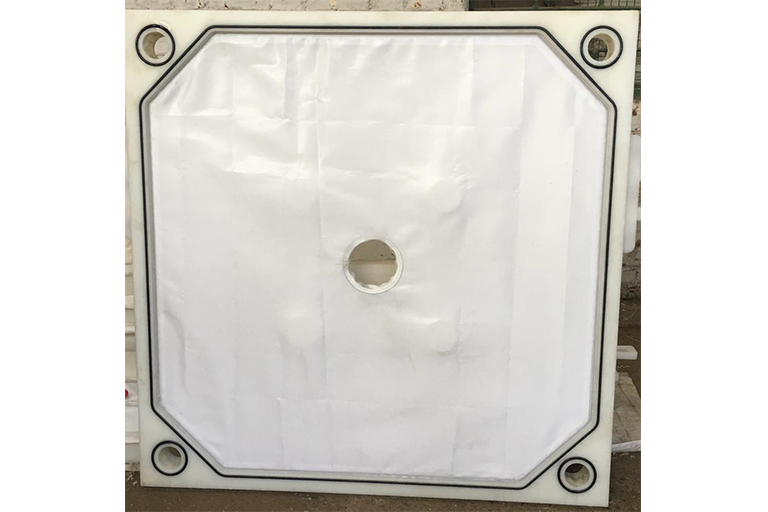
Gasketed filter plates offer several benefits in various industrial filtration processes. Here are some of the key advantages:
Improved Sealing: Gasketed filter plates feature a sealing gasket around the edge, which helps to create a tight seal between the filter plate and the adjacent plates in the filter press. This ensures minimal leakage and helps maintain the integrity of the filtration process.
Reduced Downtime: The tight seal provided by gasketed filter plates helps to minimize the risk of leakage, which can lead to downtime for maintenance and cleaning. By reducing the frequency of unplanned shutdowns, gasketed filter plates contribute to increased operational efficiency and productivity.
Enhanced Filtration Performance: The improved sealing capability of gasketed filter plates helps to optimize the filtration process by preventing bypassing of the filtrate. This ensures that the desired separation and filtration objectives are achieved effectively, resulting in higher-quality filtrate and improved product yield.
Versatility: Gasketed filter plates are suitable for a wide range of filtration applications, including those involving aggressive or corrosive materials. The sealing gasket provides protection against leakage and helps to maintain the integrity of the filtration system, even when dealing with challenging operating conditions.
Ease of Maintenance: Gasketed filter plates are typically designed for ease of installation and removal, facilitating quick and convenient maintenance procedures. This helps to minimize downtime associated with filter press maintenance and allows for efficient cleaning and replacement of filter media as needed.
Compatibility with Automated Systems: Gasketed filter plates are often compatible with automated filtration systems, allowing for seamless integration into modern manufacturing processes. This enables greater control and monitoring of the filtration process, leading to improved efficiency and consistency in product quality.
Overall, the benefits of gasketed filter plates include improved sealing, reduced downtime, enhanced filtration performance, versatility, ease of maintenance, and compatibility with automated systems. These advantages make them a preferred choice for many industrial filtration applications where tight sealing and reliable performance are essential.
